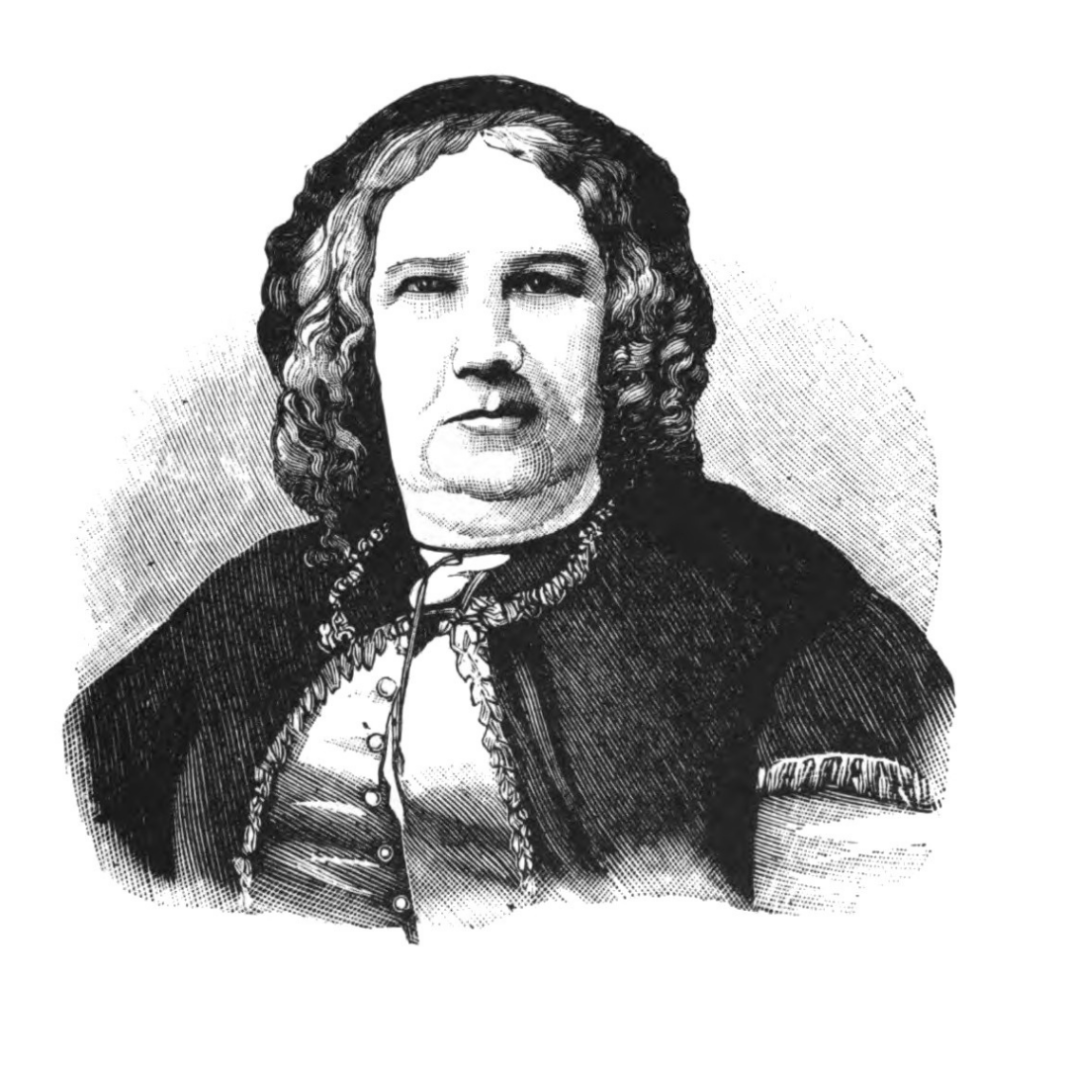Nisia Floresta considered the first Brazilian feminist was an educator, translator, writer, poet and feminist.
She was a well known female writer between the early and mid-nineteenth centuries with eight Brazilian titles, some of which went through many editions and were later translated into French and Italian.
Article Content
Early life
She was born in the northern Brazilian town of Papari on October 12, 1810. The city is now called Nisia Floresta in her honour. The name “Nisia” is an abbreviated form of the word “Dionisia.”
Career
In 1849, she published her first poem. Nisia’s novel A lágrima de um Caeté delves focused on the exploitation of Brazilian indigenous inhabitants by white males, citing rapes, land appropriation, and cultural ruin. She also referred to the tragedies of one of the many civil wars that happened in Brazil prior to the establishment of the Republic.
Mary Wollstonecraft’s Vindications of the Rights of Woman inspired her first work, which was released in 1832. Floresta utilized the novel to introduce her own thoughts about Brazil’s conservative society at the time.
Floresta founded Augusto College in Rio de Janeiro in 1838. Her mission was to provide women with an education rather than men. Students were taught science, languages, history, religion, geography, physical education, arts, and literature.
She went on to say how important women’s education is for both women and society. Her book Opusculo Humanitario was released in 1853. Floresta’s diaries have become difficult to find due to misplacement or the fact that she signed her articles with an alias. Floresta wrote a series of essays one of which is titled The Emancipation of Women for the Rio de Janeiro journal O Liberal from May to June 1851, in which she addressed the importance of education for women.
Academics have criticized Floresta’s ambiguous feminist beliefs, accusing her of not being assertive enough and wavering between avant-garde and conservative. Floresta aimed to encourage women’s education and empowerment while ensuring that they remained part of raising children and fulfilling other family obligations.
She has however attracted the attention and appreciation of Brazilian liberals since she investigated not only the suffering of women during the Revoluço Praieira but also that of everyone.
She used her writings to advocate for women’s independence. Nisia makes her famous thesis that the growth of a society can only be measured by the importance of women in it.
In1885, she died in Rouen, France, of pneumonia.


